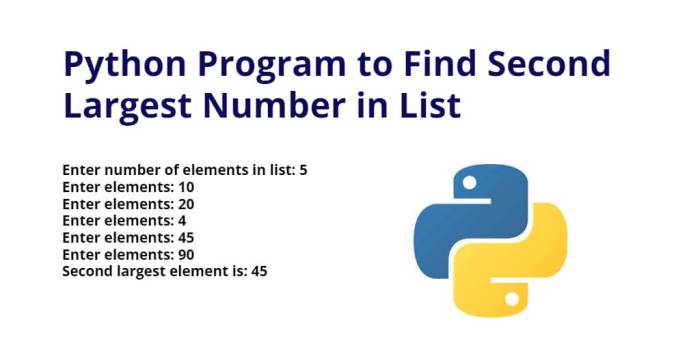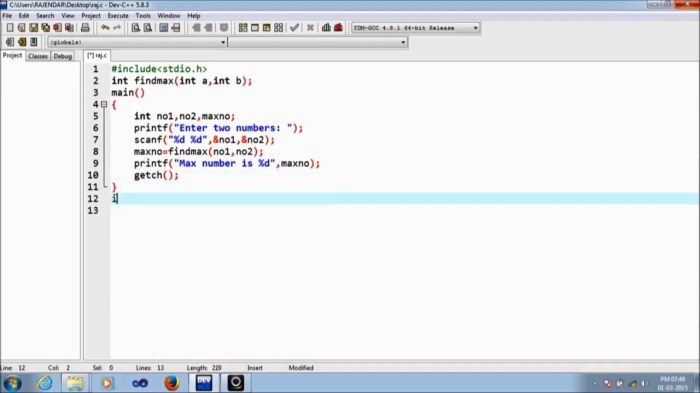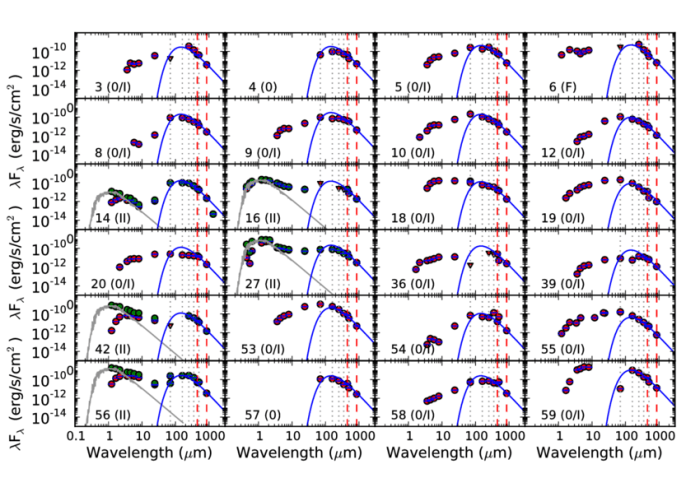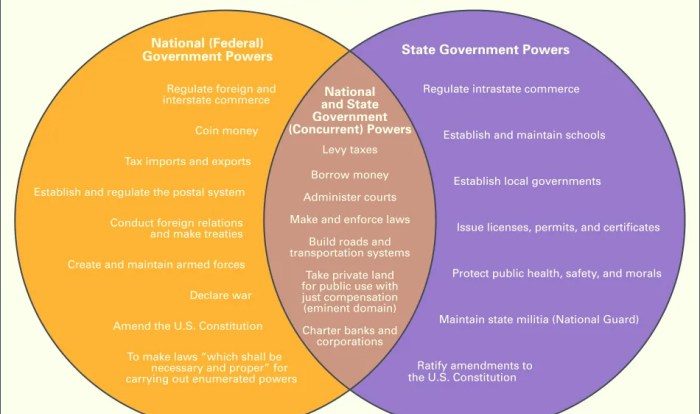The second-largest number of pacs are those associated with – In the intricate landscape of political campaign financing, the second-largest number of Political Action Committees (PACs) holds a pivotal position. These PACs, associated with a distinct group of entities, play a substantial role in shaping electoral outcomes and influencing policy decisions.
Their concentration in specific sectors and industries, as well as the diverse motivations and characteristics that drive them, present complex challenges and opportunities for campaign finance reform and the maintenance of ethical political practices.
The Concentration of PACs: The Second-largest Number Of Pacs Are Those Associated With

PACs, or political action committees, are organizations that raise and spend money to influence elections and political campaigns. They have become increasingly concentrated in recent years, with a small number of PACs accounting for a large share of total spending.
According to the Center for Responsive Politics, the top 1% of PACs account for over 50% of all PAC spending. These PACs are typically associated with corporations, labor unions, and trade associations. The concentration of PACs in these sectors has raised concerns about the influence of special interests in politics.
Types of PACs Associated with the Second-Largest Number
The second-largest number of PACs are those associated with corporations. Corporate PACs are funded by contributions from employees, executives, and shareholders. They are used to support candidates and causes that are favorable to the interests of the corporation.
Examples of corporate PACs include the Boeing Political Action Committee, the General Electric Political Action Committee, and the ExxonMobil Political Action Committee.
Influence of PACs with the Second-Largest Number
Corporate PACs have a significant influence on political campaigns and policy decisions. They can donate unlimited amounts of money to candidates and parties, and they can also spend money on independent expenditures, which are ads that are not coordinated with the candidate’s campaign.
Corporate PACs have been criticized for their influence on politics. Critics argue that corporate PACs give corporations too much power over the political process, and that they can use their money to influence elections and policies in a way that benefits their own interests.
Strategies to Address the Concentration of PACs, The second-largest number of pacs are those associated with
There are a number of potential strategies to address the concentration of PACs. One approach is to implement campaign finance reform, which would limit the amount of money that PACs can donate to candidates and parties.
Another approach is to increase transparency, so that the public can see who is funding PACs and how they are spending their money. This could help to reduce the influence of special interests in politics.
Common Queries
What factors contribute to the concentration of PACs in certain sectors or industries?
The concentration of PACs in particular sectors or industries can be attributed to factors such as the presence of large corporations, trade associations, and labor unions with vested interests in influencing policy outcomes.
How do PACs with the second-largest number influence political campaigns and policy decisions?
PACs with the second-largest number exert their influence through campaign contributions, lobbying efforts, and grassroots mobilization. They can provide financial support to candidates who align with their policy priorities and advocate for specific legislation or regulations that benefit their associated entities.
What ethical concerns are associated with the influence of PACs?
The influence of PACs raises ethical concerns related to potential corruption, undue influence on policymaking, and the erosion of public trust in the political process. Critics argue that PACs can create a system where special interests have disproportionate sway over elected officials.


